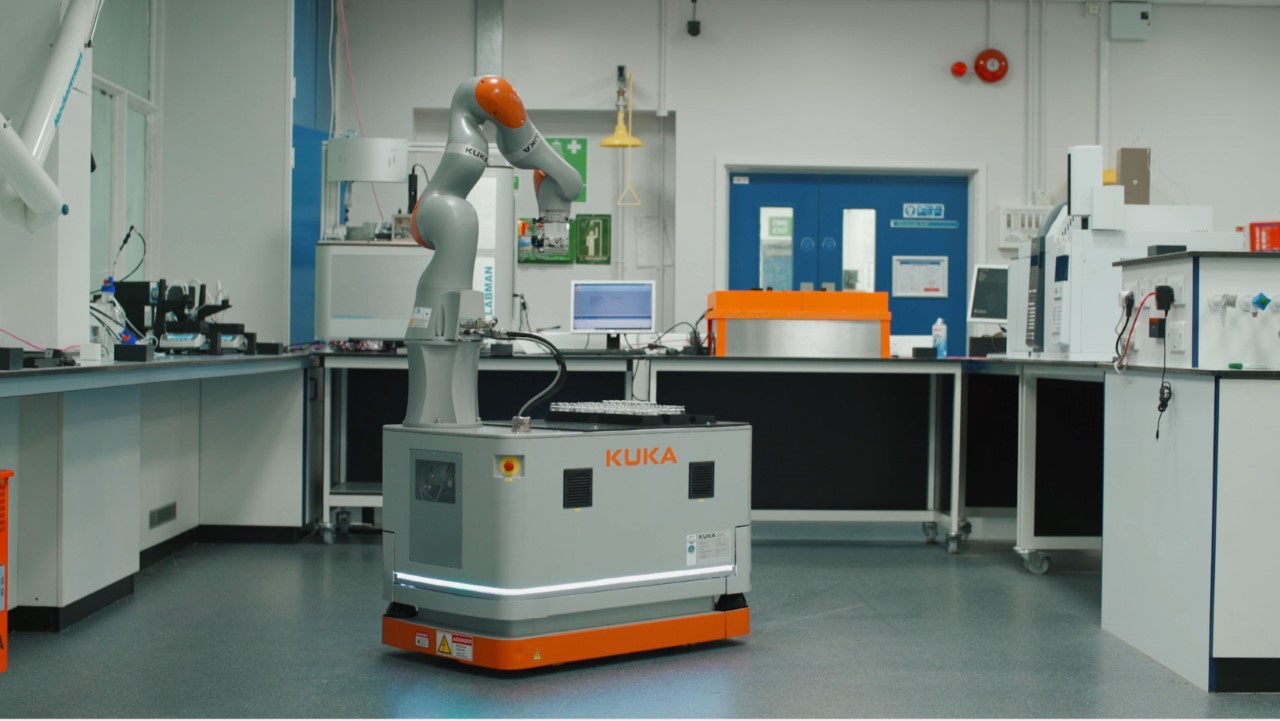Digital techniques could 'turbocharge' R&D after COVID-19, say UK chemistry leaders

The UK’s Royal Society of Chemistry has called for digital techniques to be more widely used as part of a new post-COVID national research strategy that could make scientific discovery happen up to a thousand times faster.
The society has set out a five-point plan outlined in the Digital Futures report, aiming to begin a new revolution in digitally transformed research and skills.
It has called for a coordinated global effort with each country playing a role, with the UK acting as a leader.
The report also contained recommendations on how the new wave of technologies can "turbocharge" research speeds and allow a faster response to future global challenges and crises.
The report calls for chemists, biologists, data scientists, public health, and environmental experts to work seamlessly across disciplinary and international boundaries.
Its five point plan calls for targeted investment in skills and training infrastructure, enhanced collaboration, attracting top digital talent into scientific research, supporting and enabling data standards.
It also aims to develop recommendations for teaching digital and chemistry skills in school, further and higher education.
COVID-19 has highlighted several areas of technical opportunity with several being deployed in the response to the disease.
Data can be shared from different sources to improve research outcomes, with modelling, simulations and AI to analyse the information, according to the report.
This could be crucial in tracking spread of disease or pollutants, and designing and discovering new molecules and materials for new medicines.
Diagnostics could detect disease, help understand how medicines interact with the body, and how pollutants interact with the environment.
Robotics and automation can perform experiments much faster than conventional methods to cut research times, the report said.
It cited the example of a robot used at a lab at the University of Liverpool’s Cooper Group, which can autonomously carry out experiments, making decisions and measurements along the way to prove or disprove a theory.
As well as making research more efficient it will mean scientists can continue to work remotely without social distancing restrictions impacting on their work.
The efficacy of the robot (pictured) has already been validated, with Unilever set to use the robot to work on product innovation, something that’s especially useful during COVID lockdown.
The report also noted the work of PostEra, where a group of researchers from the UK now working in Santa Clara, USA used the internet to enlist the help of thousands of researchers across the globe when asking for assistance to identify new molecules that could help tackle COVID-19.
Their non-profit ‘Moonshot’ project asked researchers working from home to suggest how early insights into the composition of the virus could be used to devise a treatment.
Within a few days, they had received more than 3,500 suggestions from 400 contributors. They then used their own AI software to work out which compounds would be easiest to make, most likely to work, and least likely to be toxic. This produced an initial list of 250 compounds, along with recipes for their synthesis.











